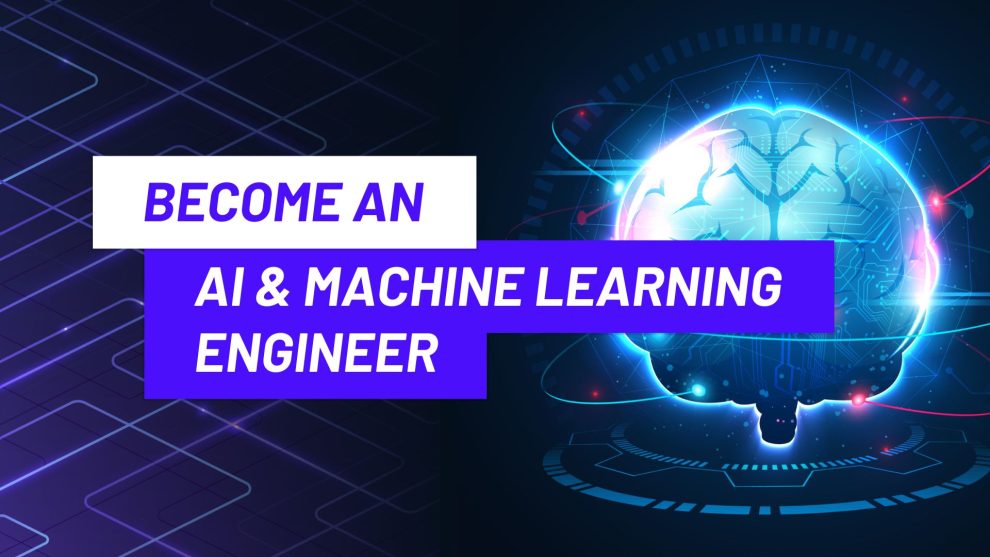Understanding Your Options: AI and ML Career Paths
Artificial intelligence (AI) and machine learning (ML) offer diverse professional opportunities spanning various specializations and skill sets. Before embarking on a career transition, it’s critical to understand the landscape and identify roles aligned with your talents and interests.
Popular AI and ML Roles
- Machine Learning Engineer: Build, deploy, and optimize complex ML models while managing data pipelines and infrastructure.
- Data Scientist: Extract actionable insights from data by applying statistical and ML techniques to solve business problems.
- AI Researcher: Push boundaries through developing novel algorithms, architecting next-gen AI systems, and publishing groundbreaking papers.
- Computer Vision Engineer: Enable machines to accurately process, analyze, and understand digital images and videos.
- Natural Language Processing Engineer: Create systems that can comprehend human languages for applications like chatbots and recommendations.
Assessing Your Options
Carefully examine the typical requirements and day-to-day responsibilities for each role. Compare them against your innate strengths, existing technical skills, temperament, and aspirations to determine optimal fits.
Building Your Foundation: Core AI/ML Competencies
Regardless of your specific position, a career in AI/ML rests upon 3 foundational pillars:
1. Programming Skills
Python expertise is mandatory given its dominance as the AI/ML programming language. Fluency in R, C++, or Java could also be required based on role and project needs.
2. Math & Statistics Knowledge
A rock-solid grasp of statistical analysis, multivariate calculus, linear algebra, and probability is needed to properly build, assess, and refine AI/ML models.
3. Machine Learning Techniques
Master the theoretical concepts and practical application of supervised learning, neural networks, deep learning, unsupervised learning, and leading ML libraries like TensorFlow and PyTorch.
Supplementary Skills
Depending on your role, invest time developing:
- Data wrangling/visualization proficiency with Pandas, NumPy, Matplotlib etc.
- Creative problem-solving abilities
- Technical communication skills
Charting Your Course: Tailored Transition Strategies
The optimal approach for switching into AI/ML aligns with your specific background and experience level.
For Recent Grads
Pursuing advanced degrees concentrated in AI/ML can set you up for success. Target respected programs offering specialized coursework, hands-on projects, and research opportunities to build practical skills. Internships also provide invaluable experience.
For Career Changers
Leverage transferable skills from your current field while skill-building through online programs, bootcamps, and certifications. Search for volunteering, freelance, or hobby projects to demonstrate hands-on abilities and fill experience gaps.
For Self-Taught Learners
Self-motivated? Utilize the cornucopia of online tutorials, courses, documentation, and open-source code to independently build expertise. Participate in Kaggle competitions and hackathons to test and prove capacities.
Joining the Community: Networking & Engagement
Embedding yourself within the vibrant AI/ML community accelerates growth through collective knowledge sharing and support. Ways to actively engage include:
- Attending conferences, meetups, and events to connect with practitioners and researchers
- Joining online forums, groups, and communities to discuss ideas, ask questions, and remain updated on trends
- Following thought leaders, executives, scientists, and innovators on social media and through their blogs/papers
Next Steps Along Your AI/ML Journey
Transitioning into an AI/ML career requires dedication through continually expanding skills, gaining hands-on practice, and building connections. While challenging, you can absolutely unlock your potential – approach it as a lifelong journey rather than a sprint! With passion and perseverance, an exciting role leveraging transformative technologies awaits.
















Add Comment